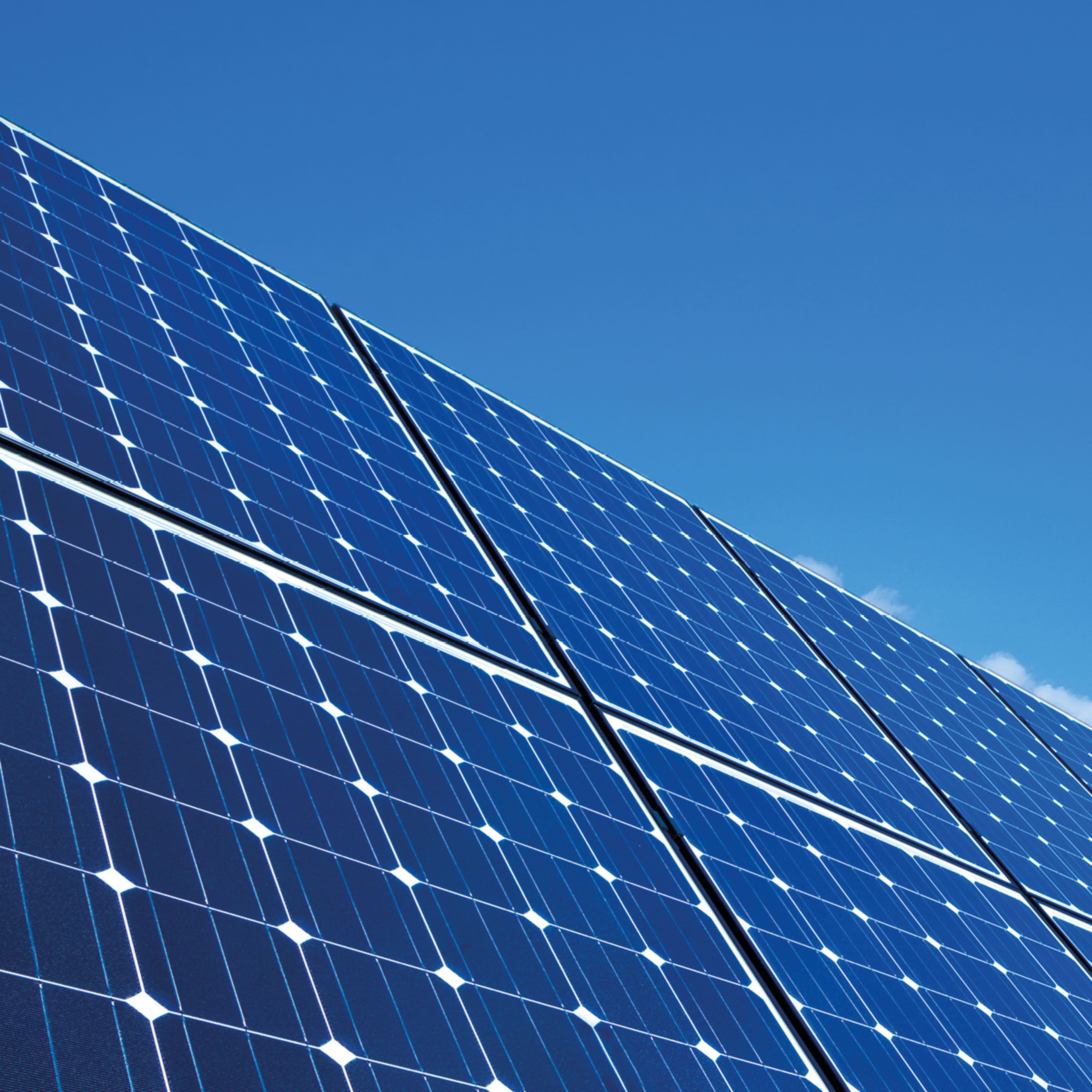
Supporting the
environmental
transition
Discover the Better Places Certification - a transparent rating of the sustainability of all our centres
The Better Places Certification
At Westfield we are committed to the environmental transition of cities and the sustainable evolution of retail. To evaluate and monitor our progress, we developed the Better Places Certification, a tool that helps our destinations stay committed to reducing environmental impact and creating positive social change. The Certification assesses our destinations based on 96 criteria, measuring a wide variety of indicators from the amount of water used to the number of jobs created locally. This framework is a starting point, enabling us to monitor our performance so we can keep improving the environmental and social impact of all our centres. All our shopping destinations will be graded from A to E, then challenged to improve their grade, creating a virtuous circle of sustainable change and progress.
Continuously improving sustainability at our destinations
Ranked and Rated
Using this data, all our European shopping centres will be rated from A to E. Each centre will also develop a local action plan to continuously improve its score. We are on track to rate all our European and UK shopping centres by the end of 2027. Rating methodology and indicators have been developed with internationally recognised experts Bureau Veritas and WWF France (1).
Westfield commits for the environnemental transition
We are committed to improve the carbon footprint and environmental efficiency of our assets and operations. We contribute to global carbon neutrality, with a clear priority towards reduction of our greenhouse gas emissions, and we operate an efficient and resilient portfolio that minimises negative impact on resources and the environment.
Westfield Centro - Our Better Places Certification and performance
Thanks to our Better Places Certification, we can assess the potential for improvement at our centre.
Your Westfield team is working continuously to enhance this grade over time.
Our shopping centre's commitments
Current initiatives:
We have been awarded a B (highly efficient) rating in our energy performance certificate (4).
Future initiatives:
Our aim is to improve our energy performance certificate to level A (very efficient).
Current initiatives:
We ensure that our devices are switched off when the shopping centre closes. In addition, we generate around 1.1 million kilowatt hours of electricity annually with our photovoltaic system on our roofs, covering up to 40% of our electricity needs. The remaining electricity we purchase comes from 100% renewable energy sources.
Future initiatives:
We are already saving energy through LED lighting and smart building controls. Our goal is to reduce our energy consumption by 50 % by 2030 compared to 2019.
Current initiatives:
We collect rainwater for watering plants.
Future initiatives:
We want to reduce our water consumption by 20% by 2030 compared to 2019. Here we are focussing on waterless urinals, for example.
Current initiatives:
We have 5 beehives on our roof. We have outdoor gardens that promote biodiversity. We use mainly organic gardening and cleaning products.
Future initiatives:
We would like to develop biodiversity corridors and restore natural habitats on our site.
Current initiatives:
70% of our waste is recycled or converted into energy. We sort and recycle 14 tonnes of plastic and 622 tonnes of cardboard every year, which equates to approximately 700,000 water bottles and 12,440,000 egg cartons.
Future initiatives:
Our goal is to increase the proportion of waste we recycle by 95%, reduce waste production by 20% by 2030 and convert organic waste into compost.
Current initiatives:
We provide 42 charging stations for electric vehicles to promote more sustainable mobility. We provide bicycle parking spaces to promote more sustainable mobility.
Future initiatives:
Our aim is to improve the bicycle service for our visitors.
Current initiatives:
We monitor the air quality of our indoor spaces.
Future initiatives:
Our goal is to cover 90% of our roof with albedo/vegetation to limit heat loss.
Current initiatives:
50 % of Westfield Centro's eligible retailers have been categorised as ‘Active’, “Advanced” or ‘Leading’ in our Sustainable Retail Index based on retail sales. So far, retailers for fashion, sportswear, jewellery, bags, shoes and accessories have been rated. We plan to rate the rest of the eligible retailers by 2027.
Future initiatives:
Our goal is to improve the SRI rating of your shopping centre every year. We would like to expand our organic food offering.
Current initiatives:
Over 4,000 people have found a job thanks to our centre. We support local employment and offered around 400 job vacancies last year.
Future initiatives:
We want to partner with the city/local organisation to reduce the number of vacancies in our shopping centre (such as the training and job fair). We also want to organise events to raise awareness of sustainable development among our visitors (such as the Westfield Good Festival) and implement more initiatives to make people with disabilities more welcome.
(1) WWF France shared its expertise and critical perspective on the biodiversity, water, mobility, energy climate and sustainable consumption criteria.
(2) In kWh/sqm of the energy consumed to power common areas, against our 2015 baseline.
(3) In litres per visit, against our 2019 baseline.
(4) A ranking of energy efficiency covering the amount of power used by a property for heating, cooling, lighting and hot water. The scale runs from A to G.
(5) Electricity produced by renewable energy such as wind, solar and hydroelectric power.
(6) Shower of 8 minutes.
(7) The SRI is a comprehensive assessment tool providing insight into the progress of retailers in their sustainable transition: Leader: retailers consistently outperforming peers, setting industry standards. Advanced: retailers above average, actively contributing to the industry’s transition. Active: retailers meeting or slightly exceeding expectations, committed to improvement. Starter: retailers showing promise as new entrants, relative growth. Inactive: retailers falling short of standards, no commitment to improvement.















